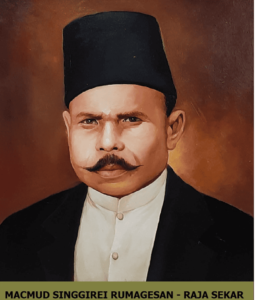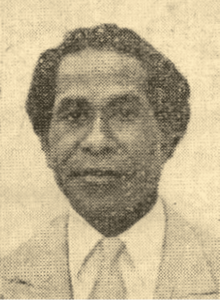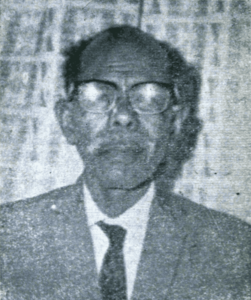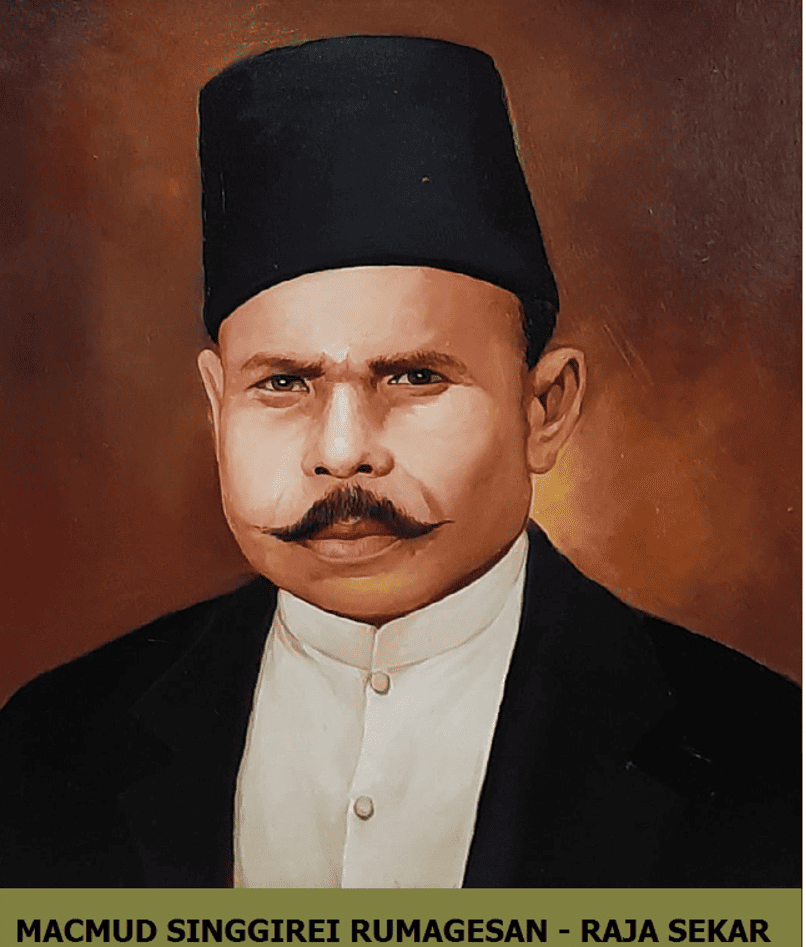
The struggle of the West Papuan people in expelling the invaders began with his displeasure with the arbitrary Dutch colonial government on the workers in his homeland. It happened because the Dutch company Maatschapijj Colijn employed workers arbitrarily in West Papua.
It then made Machmud Singgirei Rumagesan, the king of the Sekar area, now known as Fakfak Regency, furious with the Dutch. He then put forward conditions against the Dutch colonial government.
Since that incident, a conflict arose between Rumagesan and the Dutch government. Approximately 73 followers of the king were arrested in 1934. As a result, he was exiled to Saparua and sentenced to 15 years.
In 1953 he founded an organization for the liberation of West Irian in Makassar called GTRIB. At the 1957 National Council session, Rumagesan also called for West Irian to return to Indonesia.
On May 15, 1964, he arrived back in his homeland, fulfilling his dream to go back and witness the end of Dutch colonialism in the Land of West Papua. Unfortunately, two months later, he passed away on July 5, 1964.
2. Albert Karubuy

Albert Bernardus Karubuy (born January 5, 1915) was a pro-integration activist from Papua and one of three members who represented West Irian in the House of Representatives after the 1955 Indonesian legislative elections. He was political adviser to the Indonesian delegation at the 12th UN General Session in 1957.
3. Lukas Rumkorem

Lukas Rumkorem, better known as L Rumkorem, was the resistance leader against the Japanese in Biak, Papua, in 1943. Although he is known as a Papuan people’s freedom fighter, there is not much information about him.
In order to drive out the Dutch colonialists from the Papuan people’s homeland, L Rumkorem and his comrade Corinus Krey established the Free Indonesia Party (PIM) in Biak in 1948. In appreciation for his efforts, the Republic of Indonesia awarded L Rumkorem an honorary degree and promoted him to the rank of Major Titular Army Lukas Rumkorem. His son, Seth Rumkorem, had the opportunity to attend NCO education in Cimahi, Bandung.
In 1942, Japan entered Indonesia to control the entire Southeast Asian region. One of the areas explored by Japan was Papua, which caused suffering to its people. The reason is that the Papuan people were enslaved, beaten, and persecuted. In the end, the Papua people dared to fight against the Japanese.
One of the Papua people’s resistance to the Japanese took place in Biak, led by L Rumkorem. In 1943, the people of Biak fought back using the Koreri movement. Koreri is a Biak people’s movement against Japan which means “we change skin.”
Koreri comes from two words in the Biak language: “Ko,” which means us, and “Reri,” which means molting. However, the phrase molting is not in the true sense, but a symbolic meaning, “a happy life that lasts forever.”
The resistance and rebellion of the Biak people against the practice of the Japanese occupation led by L Rumkorem implemented a strategy of guerrilla warfare. Due to a lack of available weaponry to defend themselves against the Japanese, the Biak people employed this tactic.
Even though there were many victims, the people of Biak did not give up. In the end, the strategy of guerrilla warfare was able to overwhelm Japan, facing the resistance of the Biak people. Their persistence paid off sweetly. Under the leadership of L Rumkorem, Biak became the first region in Indonesia to be free from Japanese colonial rule.
4. Yosepha Alomang
Yosepha Alomang, or Mama Josep is a female figure in Amungme, Papua. She is well known among Papuan people who struggle to defend human rights, especially those around PT Freeport Indonesia.
Mama Josep was born in Tsinga, Papua, in the 1940s. Since she was a baby, she has been an orphan. She lives with her stepfather. Yosepha lived a nomadic life in her childhood with other villagers at the behest of the Dutch government and, later, the Indonesian government.
Yosepha married in the early 1970s after several years of schooling. She was already a skilled midwife at that point, and with the Catholic Church’s assistance, she was actively striving to assist others.
Knowing and remembering these four heroes is important, especially for the Papuan people. For Indonesian independence, these heroes even gave their lives.


